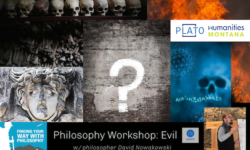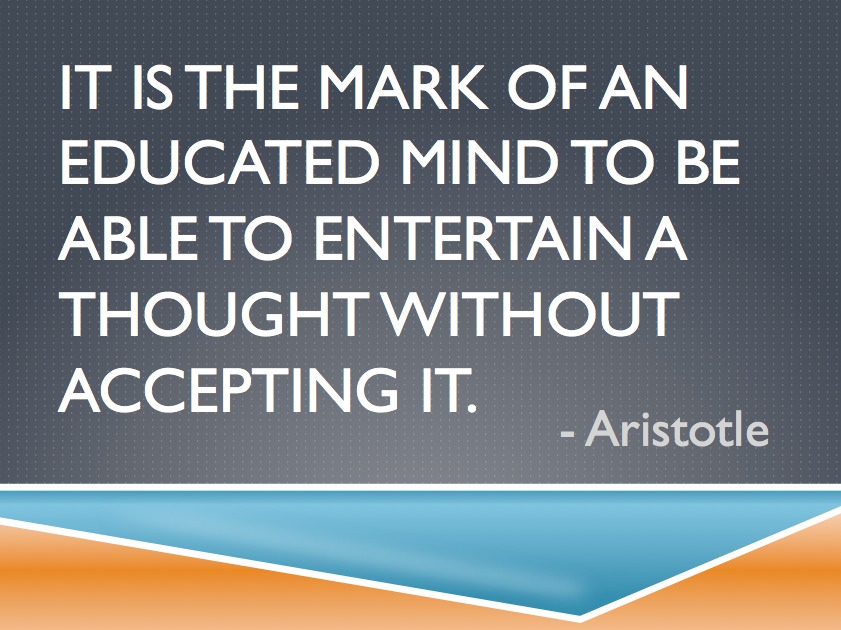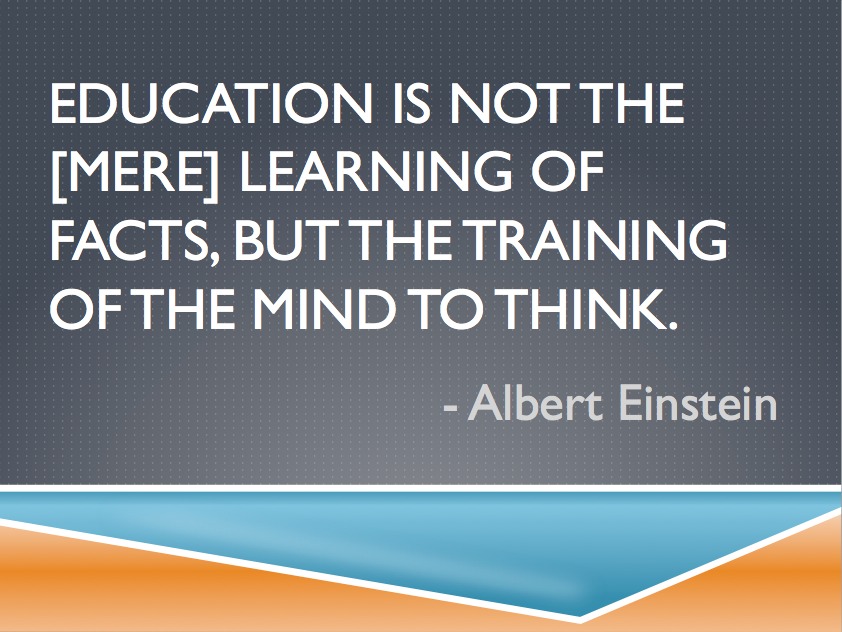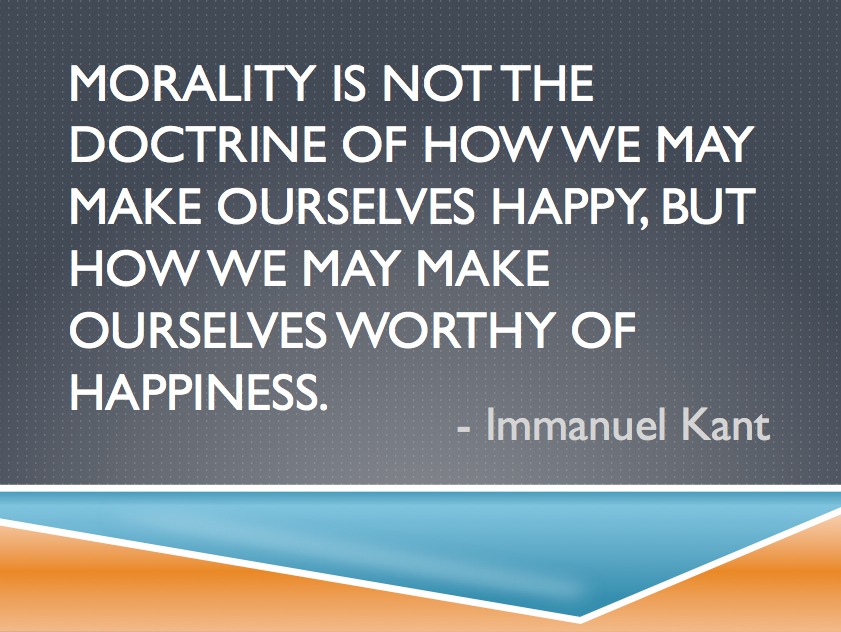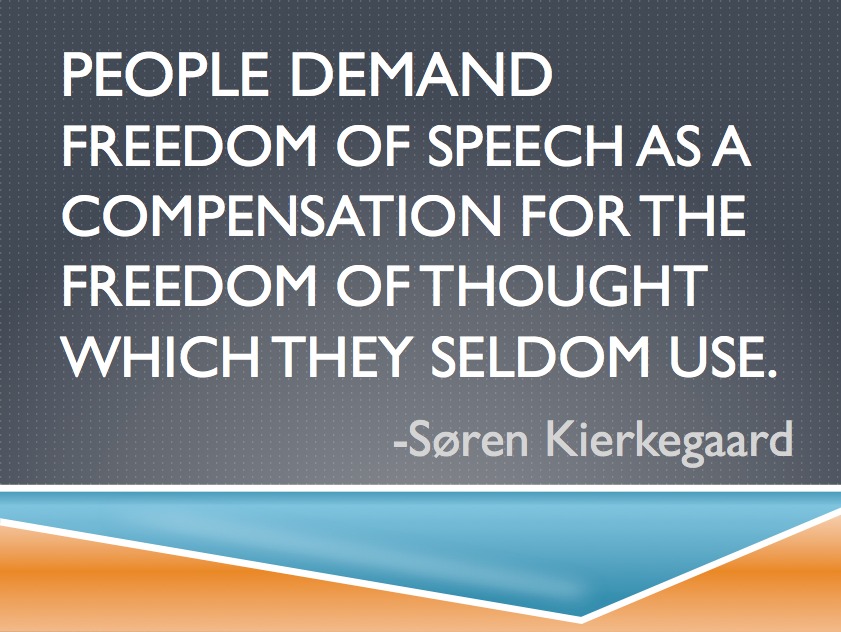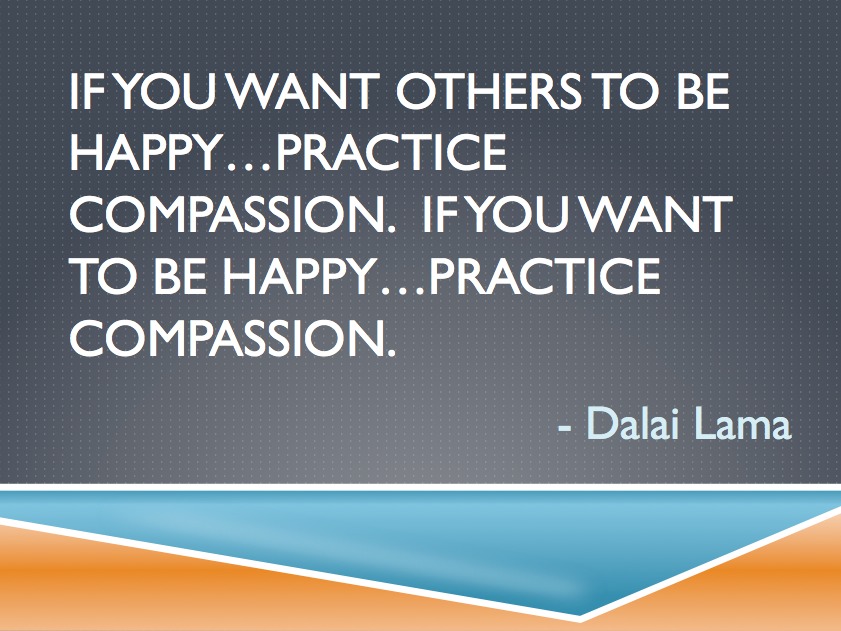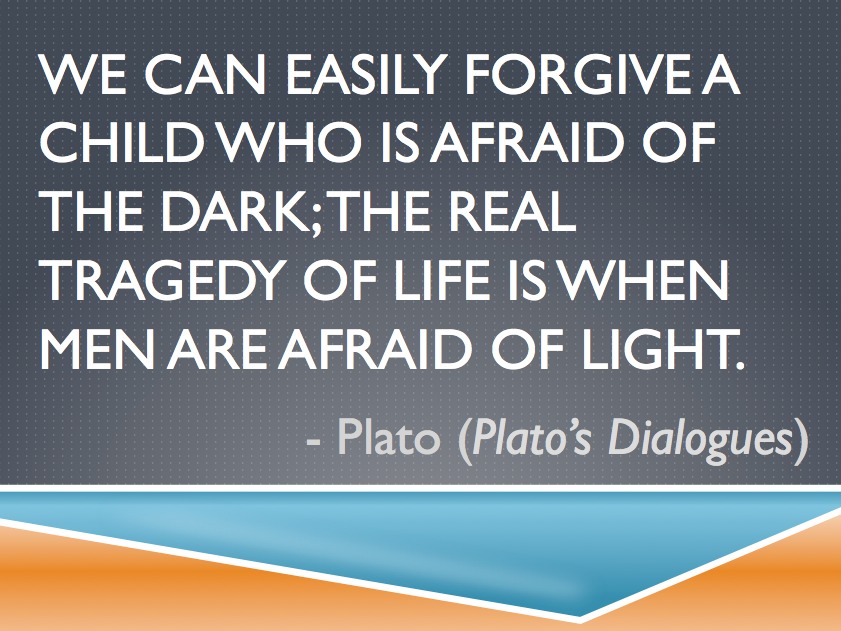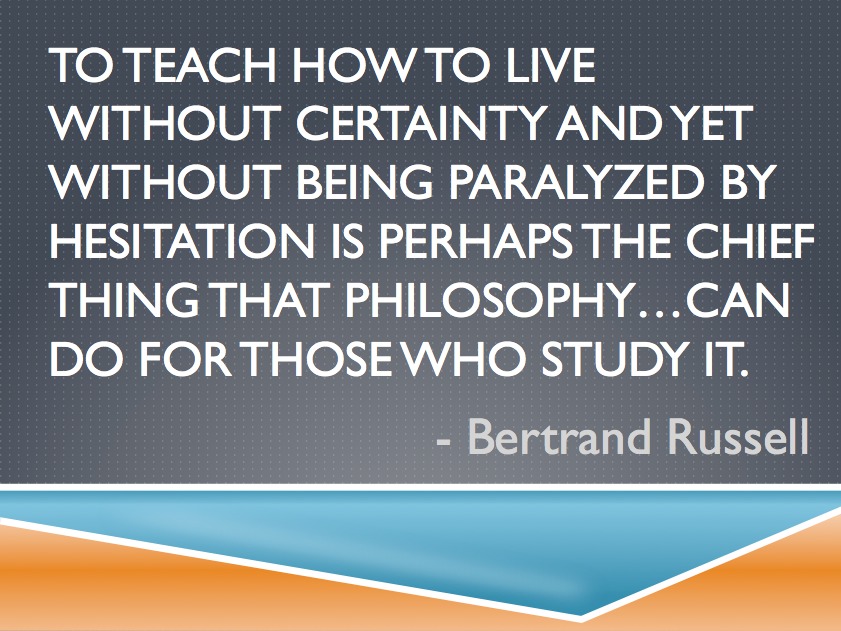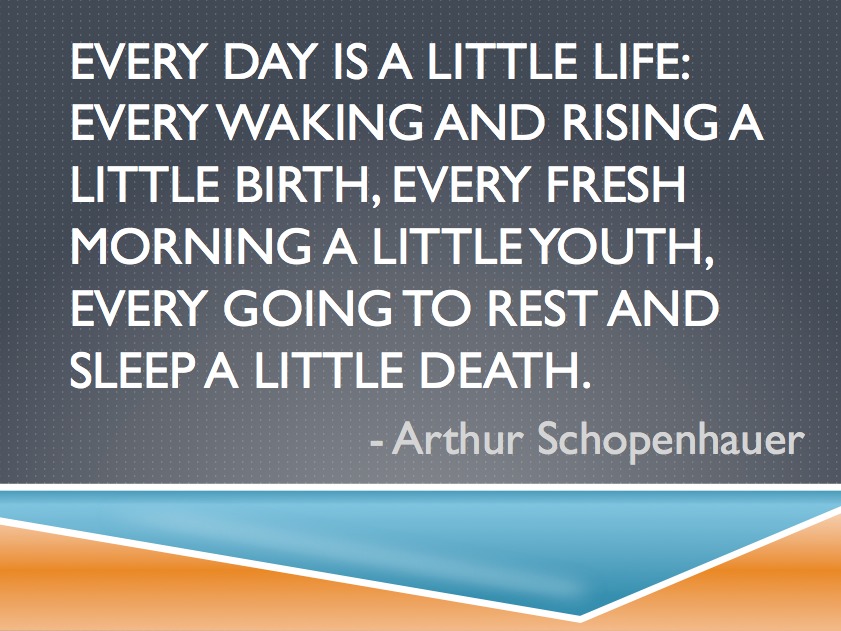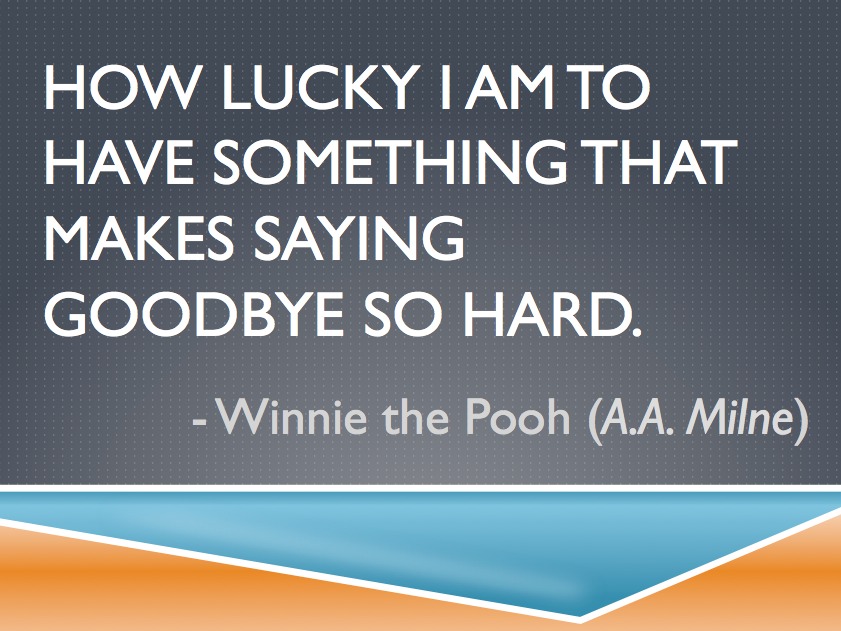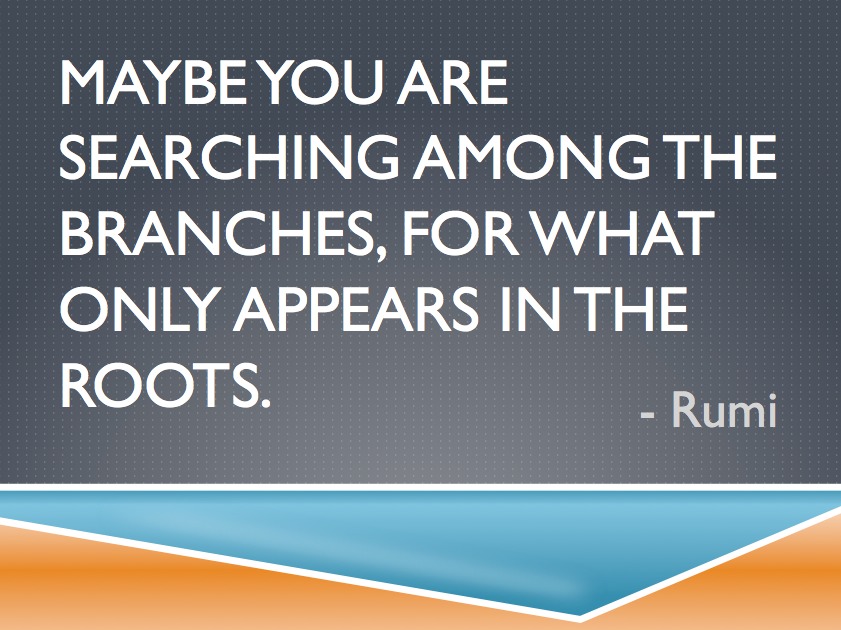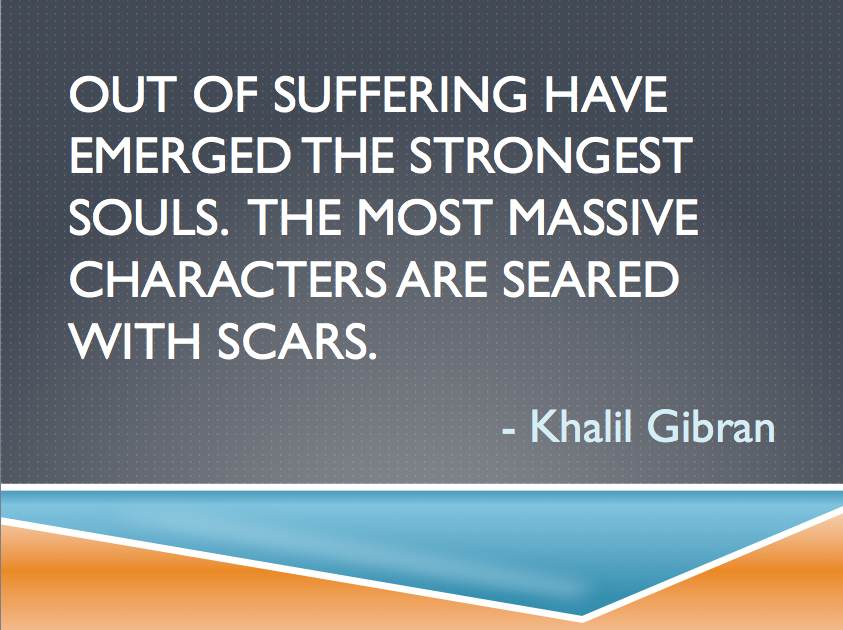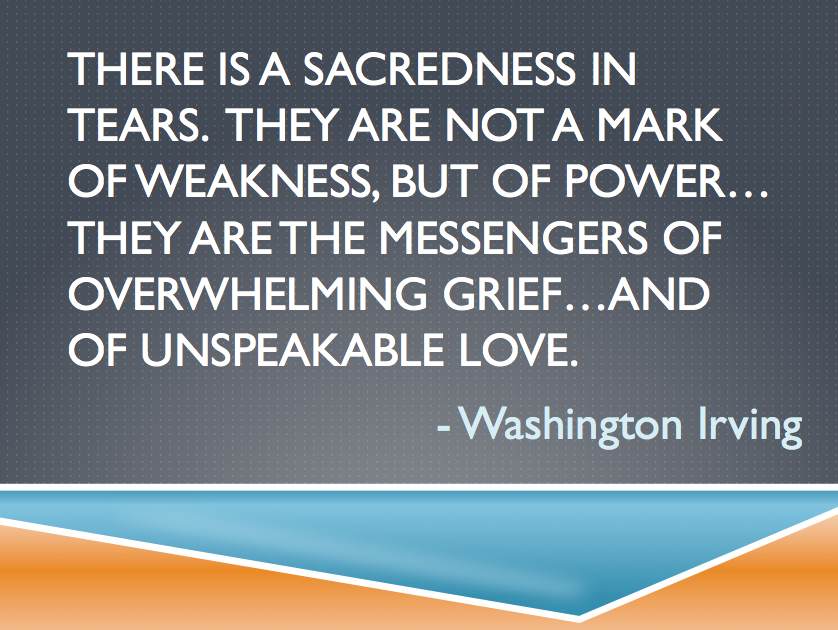Tag: morality
Philosophy Workshop: The Philosophy of Evil (October 2020)
December 2019 Philosophy Think & Drink (Missoula)
November 2019 Philosophy Think & Drink (Missoula)
October 2019 Philosophy Think & Drink (Missoula)
Theodor W. Adorno: The Culture Industry (Part 2)
Theodor W. Adorno: An Introduction (Part 1)

A founding member of the Frankfurt School and the philosophical style known as critical theory, Theodor W. Adorno’s contributions continue to have an impact on philosophical, sociological, and aesthetic thought. This article, written by Merlin volunteer and scholar Jonathan Drake, offers an introduction to his works and influence, as well as some important clarifications about his critique of western philosophy and the enlightenment.
Frankenstein: Evil, Morality & Phronesis

Mary Shelley’s novel Frankenstein is a ubiquitous feature of popular culture, continuously adapted and revisited. Dr. Raymond Boisvert, Professor of Philosophy Emeritus, argues that Frankenstein endures because of its sophisticated treatment of morality. Victor, a brilliant thinker who sees science as a means of transcending natural limits, creates life (Frankenstein’s “monster”) only to demean and abandon his creation. But Boisvert argues that Victor is a complex figure — neither inherently evil, nor the product of a corrupt or evil society. Instead Victor’s failings can better be understood by examining two different ethical models: Evil as Absence & Evil as Banal.


